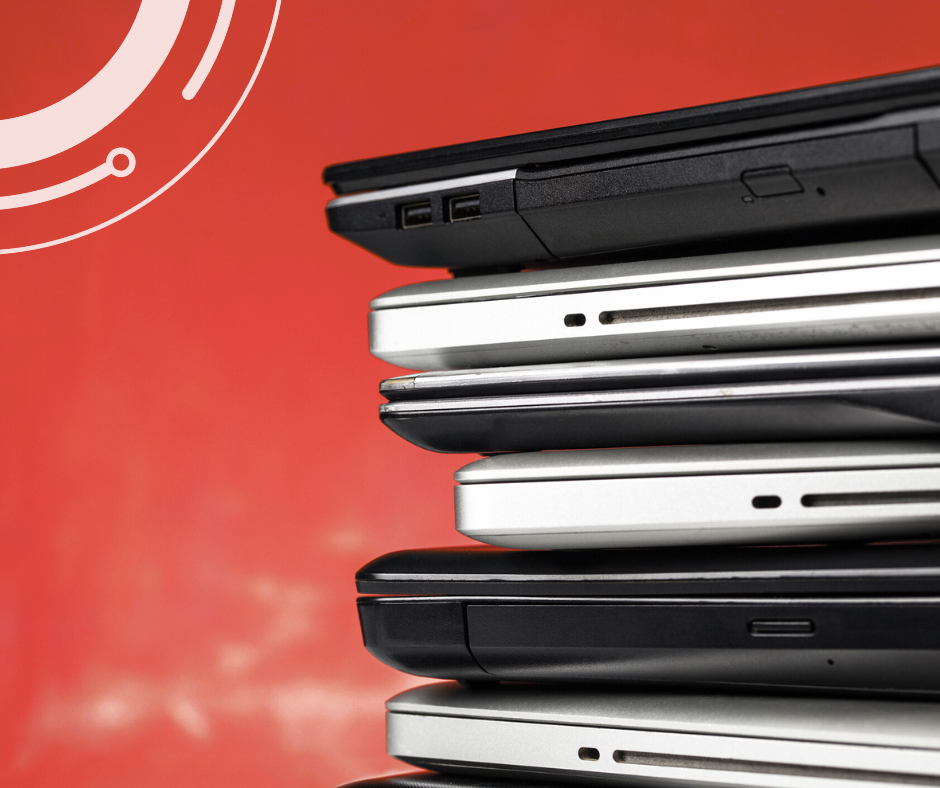In the technology-forward world that we live in, selecting the best school laptop for your student can be a daunting task. Whether they are a high school student or heading off to college next year, the right device can make a huge difference in their academic success. Whether you are seeking a high-end or a budget system, it’s important to consider what you’ll be using the device for, how long you intend to use it, and many more factors. Before you run to Amazon, Best Buy, or another retailer to purchase a new laptop, take some time to review the following key considerations to help you choose the right school laptop.
1. Operating System: Windows, ChromeOS, macOS, or Linux?
Arguably one of the most important decisions to make is deciding on which of the 4 operating systems (click here to watch a short video overview) you want to use.
- Windows laptops are versatile and support a wide range of software, including Microsoft Office and Adobe apps.
- ChromeOS runs on Chromebooks which are budget-friendly and ideal for web-based schoolwork.
- MacOS runs on Apple MacBook devices, including the MacBook Air, and offer excellent build quality and compatibility with graphic design and video editing apps but come at a higher price point.
- Linux is favored by tech-savvy students who prefer open-source flexibility and customization. Many Linux distributions run efficiently on a wide range of hardware, making them a cost-effective choice for students comfortable with a non-traditional OS.
2. Battery Life: How Long Does It Last?
A laptop’s battery life is crucial for students who need to work on the go. Long battery life (at least 8-12 hours) ensures they can complete assignments without constantly searching for a power outlet. Devices like the Acer Chromebook and Lenovo models are known for providing extended hours of battery life.
If your student intends to work or game at home or at a location with easy access to an outlet, the battery life of the device may not be as important as some other factors.
3. Performance: CPU, GPU, and RAM
A good school laptop should have enough power to handle multitasking. Look for a laptop with at least an Intel Core or AMD Ryzen processor, especially for high school or college students who run multiple apps simultaneously. If your student is into gaming or graphic design, a gaming laptop with a dedicated GPU like Nvidia can provide the necessary processing power.
4. Storage: SSD vs. HDD
For speed and responsiveness, an SSD (solid-state drive) is a better option than an HDD (hard disk drive). SSDs offer faster boot times and improved functionality, making them ideal for students who need efficiency. A minimum of 256GB of storage space is recommended for school laptops, but 1TB SSDs are great for students handling large files.
Note: Many laptops are manufactured with module storage drives, meaning that you can always have a repair facility, like iResQ, or DIY to upgrade your storage device later down the road.
5. Screen Size and Display Quality
A high-resolution display with IPS technology offers better color accuracy and viewing angles. Screen size matters too—smaller screens (11-13 inches) are more portable, while larger ones (15-17 inches) offer better productivity. Touchscreen options can be useful for students who prefer interactive learning.
6. Connectivity and Peripherals
Ensure the school laptop has multiple ports for HDMI, USB, and Wi-Fi support. If your student needs to connect external devices, consider a laptop with strong connectivity features. A webcam is essential for virtual classes, and compatibility with accessories like external hard drives or drawing tablets enhances functionality.
7. Warranty and Durability
Investing in a school laptop with a solid warranty is important for long-term use. Brands like Dell, Lenovo, and Asus offer good warranties and durable designs. A rugged student laptop with spill-resistant keyboards and reinforced chassis can withstand the daily wear and tear of school life.
The Bottom Line when Choosing a School Laptop
The best laptop for your student depends on their academic needs and personal preferences. Whether it’s a budget-friendly Chromebook, a powerful Windows laptop, or an Apple MacBook, considering battery life, processing power, and storage space will ensure they get a reliable device. By keeping these factors in mind, you can confidently select the right school laptop to support your student’s educational journey.

